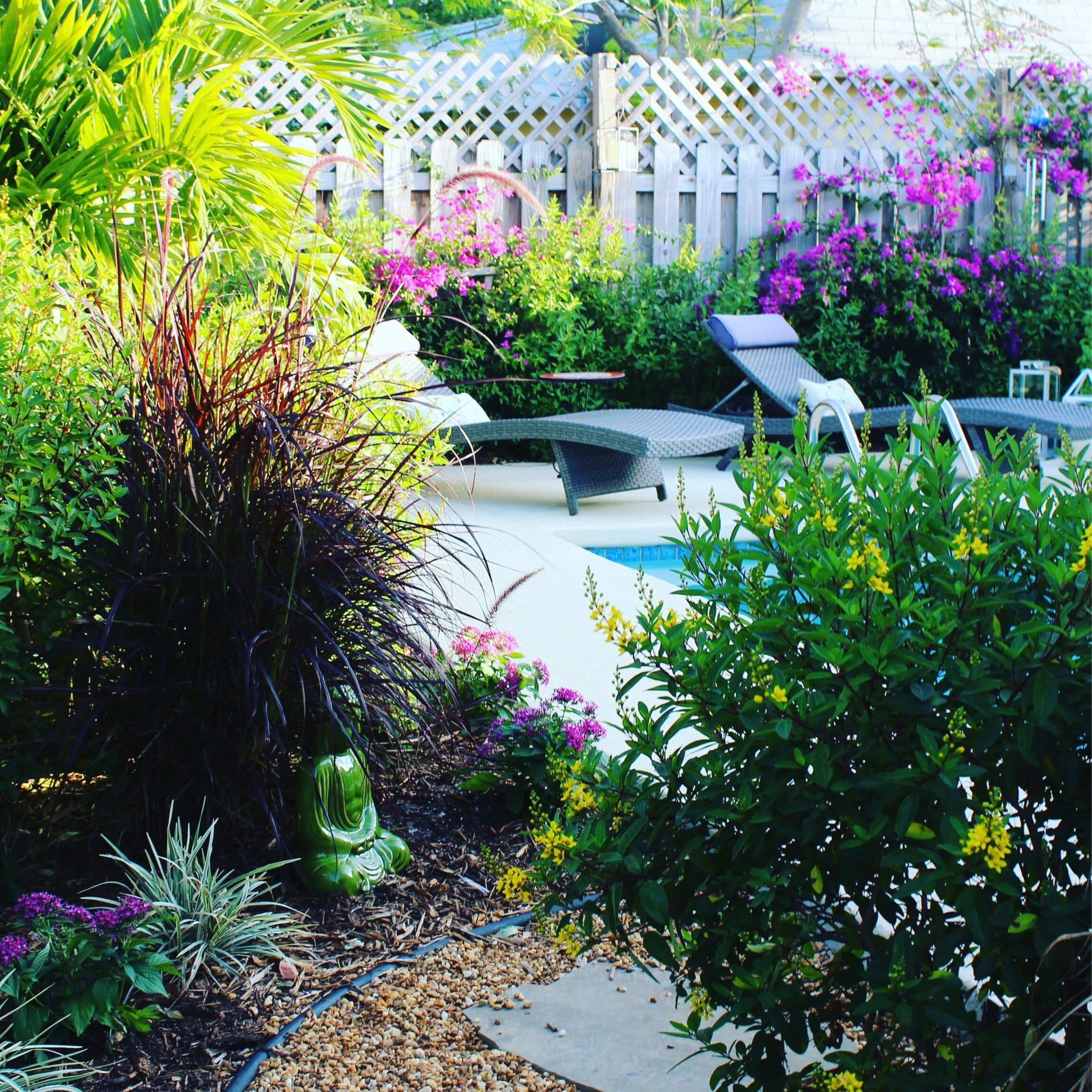
As the weather warms up and the days get longer, it’s essential to keep your grass and plants healthy to ensure a lush and vibrant landscape throughout the summer. Especially here within the Treasure Valley, the summers can get very hot. Here are some tips on how to keep your grass and plants healthy during the hot summer months.
Water Properly
Proper watering is key to keeping your grass and plants healthy during the summer. Watering too much can lead to waterlogging, which can cause root rot and other issues. On the other hand, watering too little can lead to wilted and dry plants. To water your lawn and plants properly, you should water deeply and infrequently. This means giving your plants a good soaking once or twice a week rather than watering them every day. It’s also best to water in the early morning or late afternoon when the temperatures are cooler, and the water has a chance to soak in before evaporating.
Fertilize Regularly
Fertilizing your lawn and plants regularly can help promote healthy growth and ensure that they have the nutrients they need to thrive. During the summer months, it’s best to use a slow-release fertilizer to prevent burning and promote steady growth. Before fertilizing, it’s essential to test your soil to determine its nutrient levels and pH balance. This will help you determine the type and amount of fertilizer you need to apply. It’s also a good idea to follow the manufacturer’s instructions for application rates and timing.
Mulch Your Plants
Mulching around your plants can help to retain moisture in the soil and reduce weed growth. Mulch can also help regulate soil temperatures, keeping the soil cooler during hot summer days. Organic mulches, such as bark or leaves, can also add nutrients to the soil as they decompose. To mulch your plants, spread a layer of mulch around the base of each plant, making sure not to cover the stem or leaves. A layer of two to three inches of mulch is usually sufficient to provide the benefits mentioned above.
Prune Regularly
Regular pruning can help to promote healthy growth and remove dead or damaged branches and leaves. Pruning can also help to control the size and shape of your plants, making them more attractive and manageable. During the summer months, it’s best to prune early in the morning or late in the afternoon when the temperatures are cooler. This can help to reduce stress on the plants and prevent damage to the leaves and branches. If you are unsure how to prune your plants, consider hiring an arborist.
Provide Shade
Providing shade for your plants can help to protect them from the hot summer sun and reduce water loss through transpiration. You can provide shade by planting trees or installing shade cloth over your garden beds. When planting trees, it’s essential to choose the right type and location based on your soil type and the amount of sunlight your garden receives. Trees can provide not only shade but also additional benefits such as reducing soil erosion and providing habitat for wildlife.
Practice Good Garden Maintenance
Prevention is the best method against pests that will eat a part of your garden. If you are noticing pests starting to form on your flowers, there are a few natural remedies that can help remove some of the pests. These include:
Neem oil: Neem oil is a natural insecticide that can be used to control a wide range of pests, including aphids, spider mites, and whiteflies. It works by disrupting the pest’s hormones, preventing them from feeding and reproducing.
Insecticidal soap: Insecticidal soap is a natural pesticide that works by disrupting the pest’s cell membranes, causing them to dry out and die. It can be used to control a wide range of pests, including aphids, spider mites, and whiteflies.
Beneficial insects: Beneficial insects, such as ladybugs and lacewings, can be released in your garden to help control pest populations. These insects feed on pests such as aphids and spider mites, reducing their numbers and preventing damage to your plants.
In conclusion, keeping your grass and plants healthy during the summer months requires proper watering, fertilization, mulching, pruning, shading, and finally pest control/maintenance. By following these tips, you can ensure that your lawn and garden stay healthy and vibrant throughout the hot summer months. Remember to monitor your plants regularly for signs of stress or damage and adjust your care routine accordingly. With a little effort and attention, you can enjoy a beautiful and thriving landscape all summer long.


